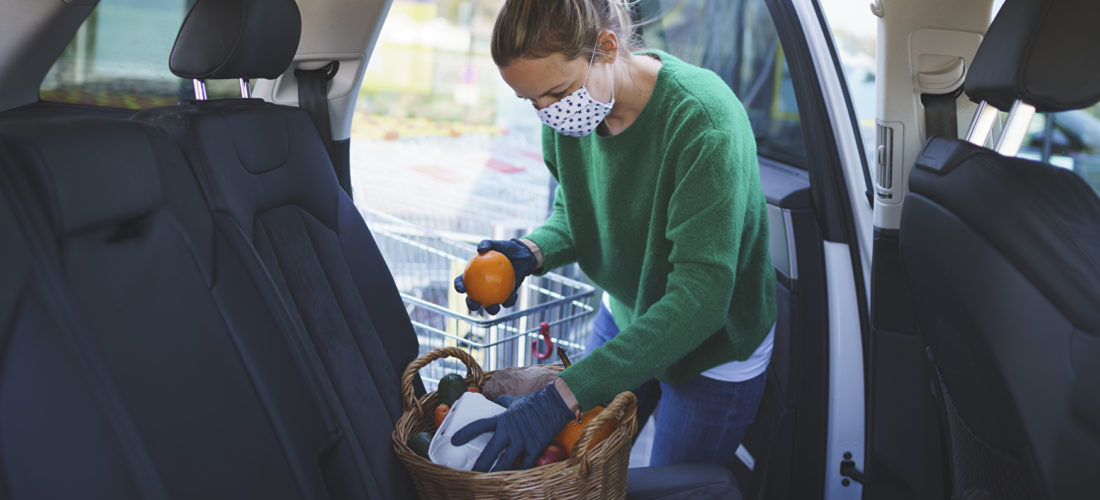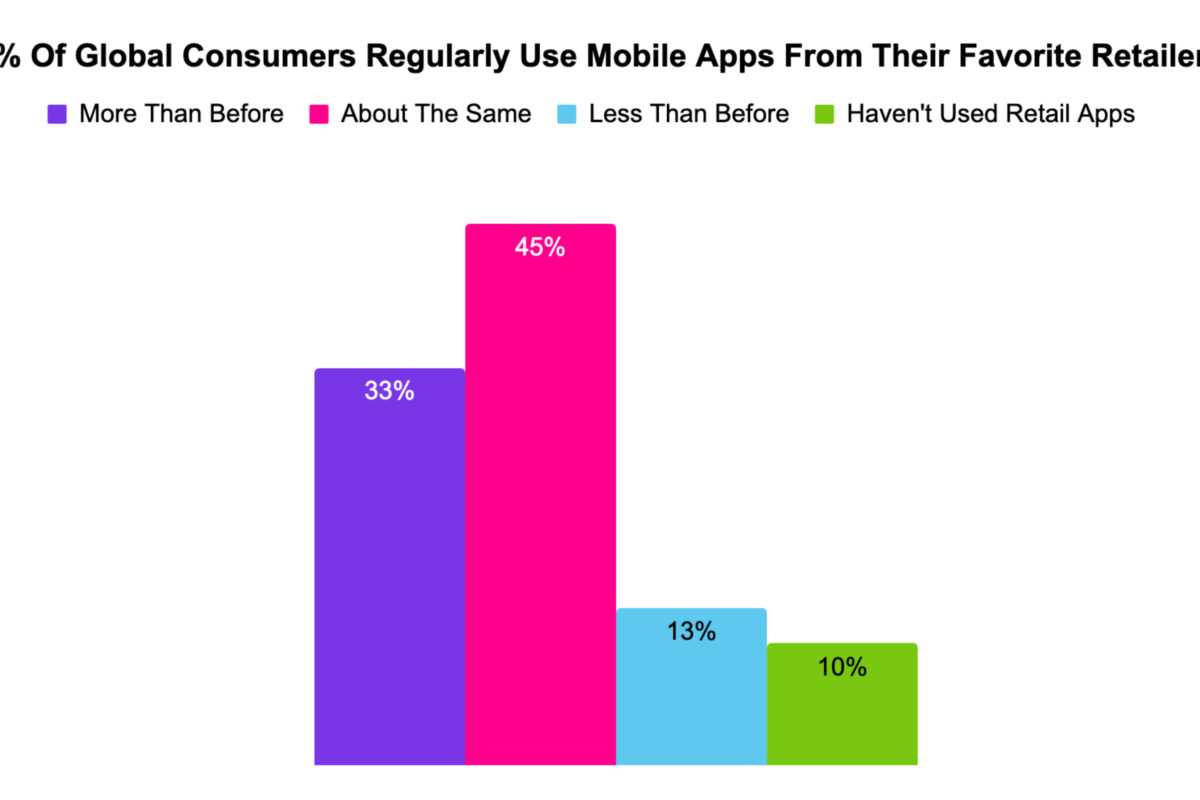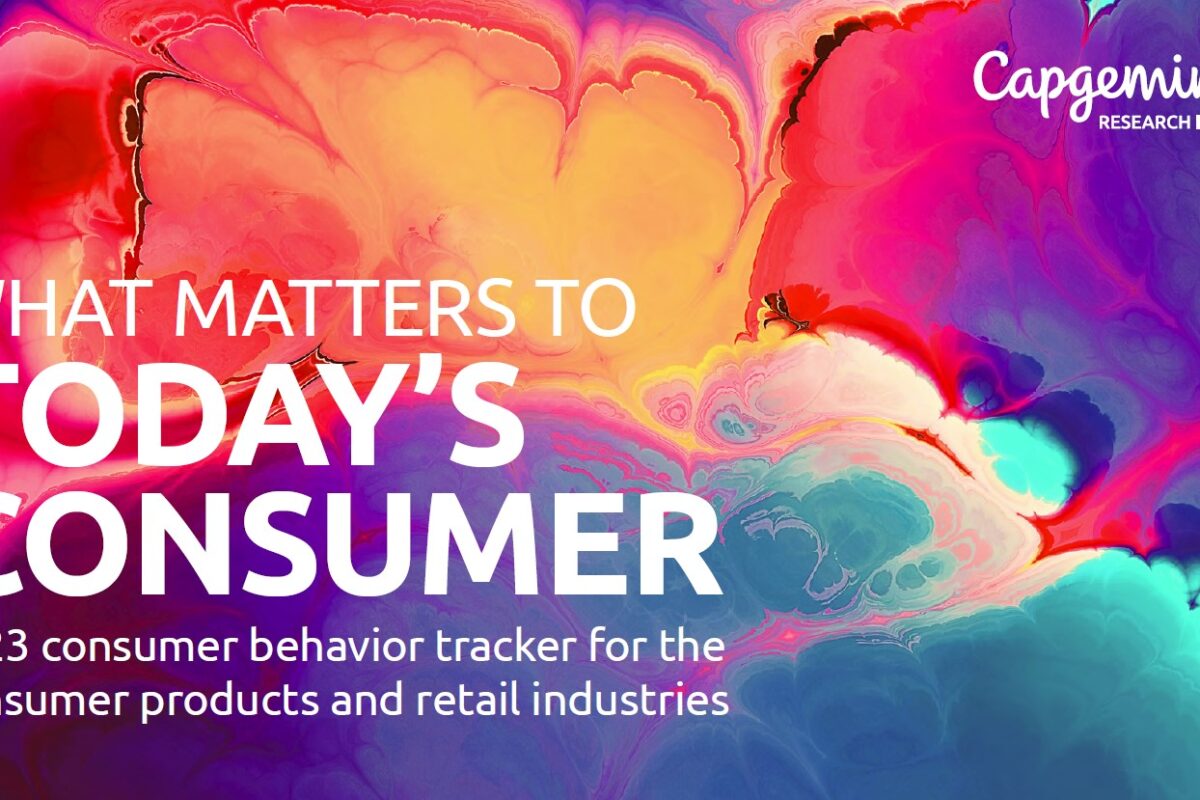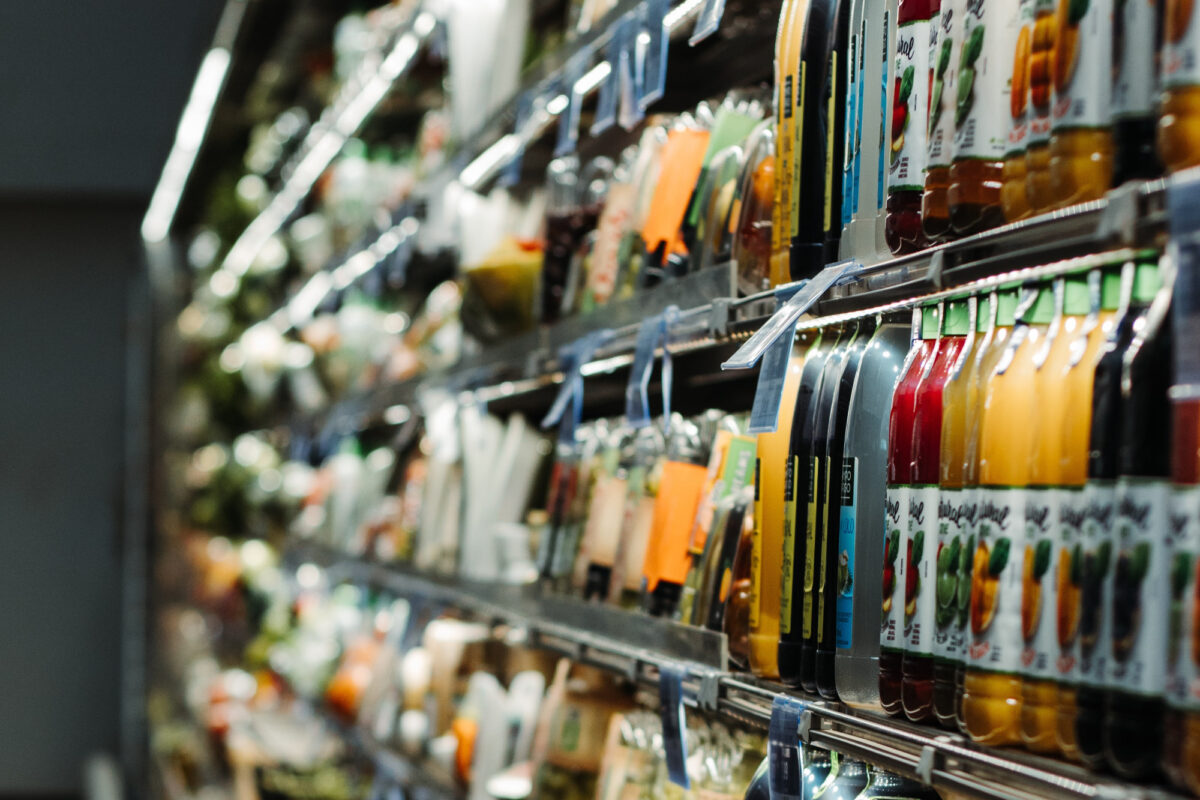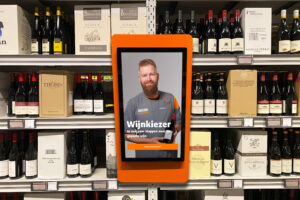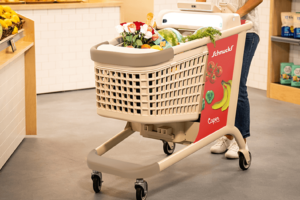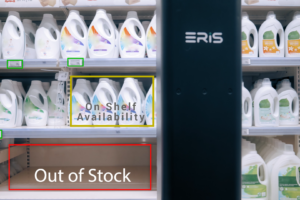Health concerns in the US subsiding, financial concerns still linger
As economies across the world have started to open up, collective net anxiety and health concerns have also begun to ease slightly since mid-April, however financial concerns continue to linger.
“As businesses look to fine-tune their reopening strategies, it is critical to monitor how health and economic challenges are simultaneously impacting the consumer’s purchase decisions. Recovery strategies must balance consumers’ need to feel safe and have consistent experiences with long-term revenue strategies capable of mitigating an extended period of softened demand”, says Stephen Rogers, executive director, Deloitte Insights Consumer Industry Center, Deloitte LLP.
Consumer behavior, including what consumers plan to buy, how they intend to buy it and why, continues to evolve within today’s dynamic environment. Significant shifts in sentiment and spending intentions are observable since the COVID-19 peak in April:
- More consumers feel safe going to the store: 42% of U.S. consumers feel safe going to the store, up significantly from 30% in April.
- In-store shopping intentions rise: The number of consumers who intend to predominantly purchase online is gradually falling, particularly in restaurants, but is also observable in categories such as apparel and electronics. For example, in early April nearly half (47%) of U.S. consumers were predominantly planning to transact with restaurants digitally in the upcoming month, but that number has recently dropped to 39%.
- Share of wallet easing: The strong spending swings initially measured during the COVID-19 peak, as consumers prioritized essentials, are no longer as pronounced. Planned cutbacks for the upcoming month around more discretionary categories such as restaurants, entertainment and travel are still present, although not as severe.
- While BOPIS intentions remain strong, fewer consumers using it because of safety: While 82% of Americans plan to “buy online pickup in store” (BOPIS) in the next four weeks, only 40% of consumers plan to use it because of safety concerns (down from 48%). Nearly one-third (32%) of consumers plan to use BOPIS to avoid delivery costs.
- Consumers stick with the brand names they trust: Across the globe, 52% of consumers indicate they will stick with the brand names they trust. In fact, consumers who are more concerned about their family’s health are more likely to purchase name brands that were struggling prior to the crisis. Interestingly, 42% of consumers report they will purchase more from brands that have responded well to the crisis.
- Impulse purchasers outnumber stockpilers: While stockpiling remained the most prevalent retail behavior measured during the study’s initial waves (53% in mid-May, down from 56% in mid-April), consumers are now more likely to make an impulse purchase if they find a great deal on a non-essential item (55% up from 48%).
Source: Deloitte




